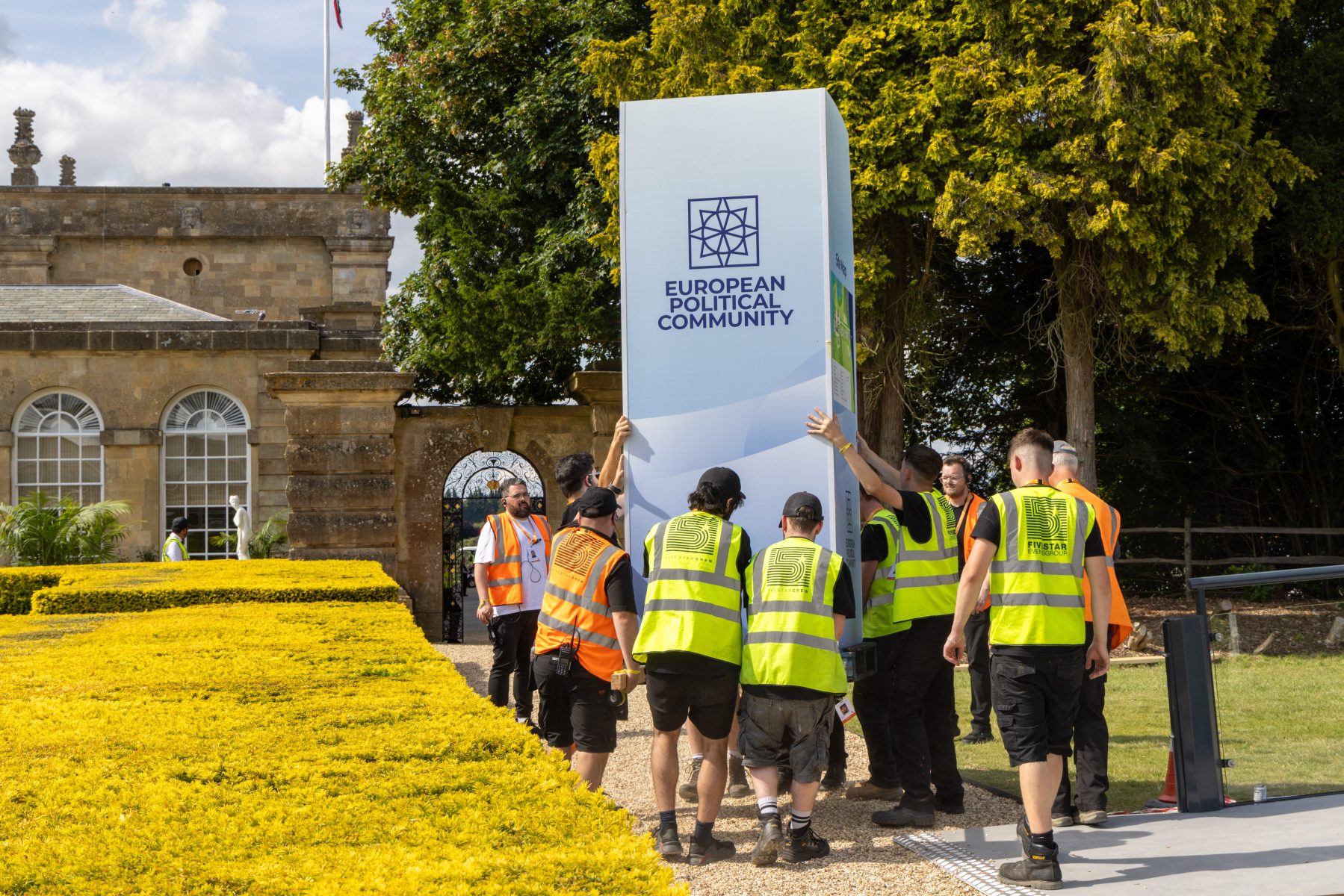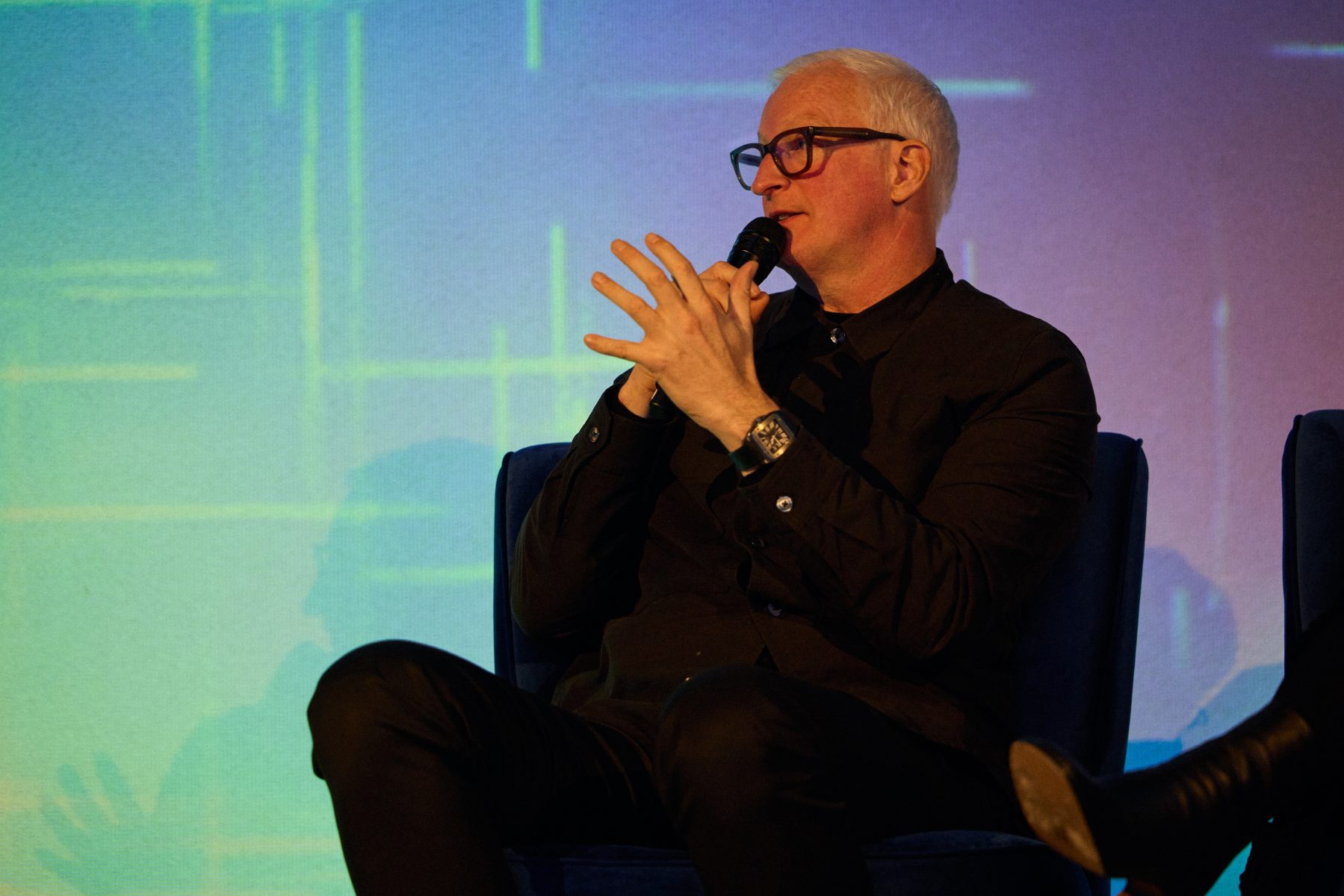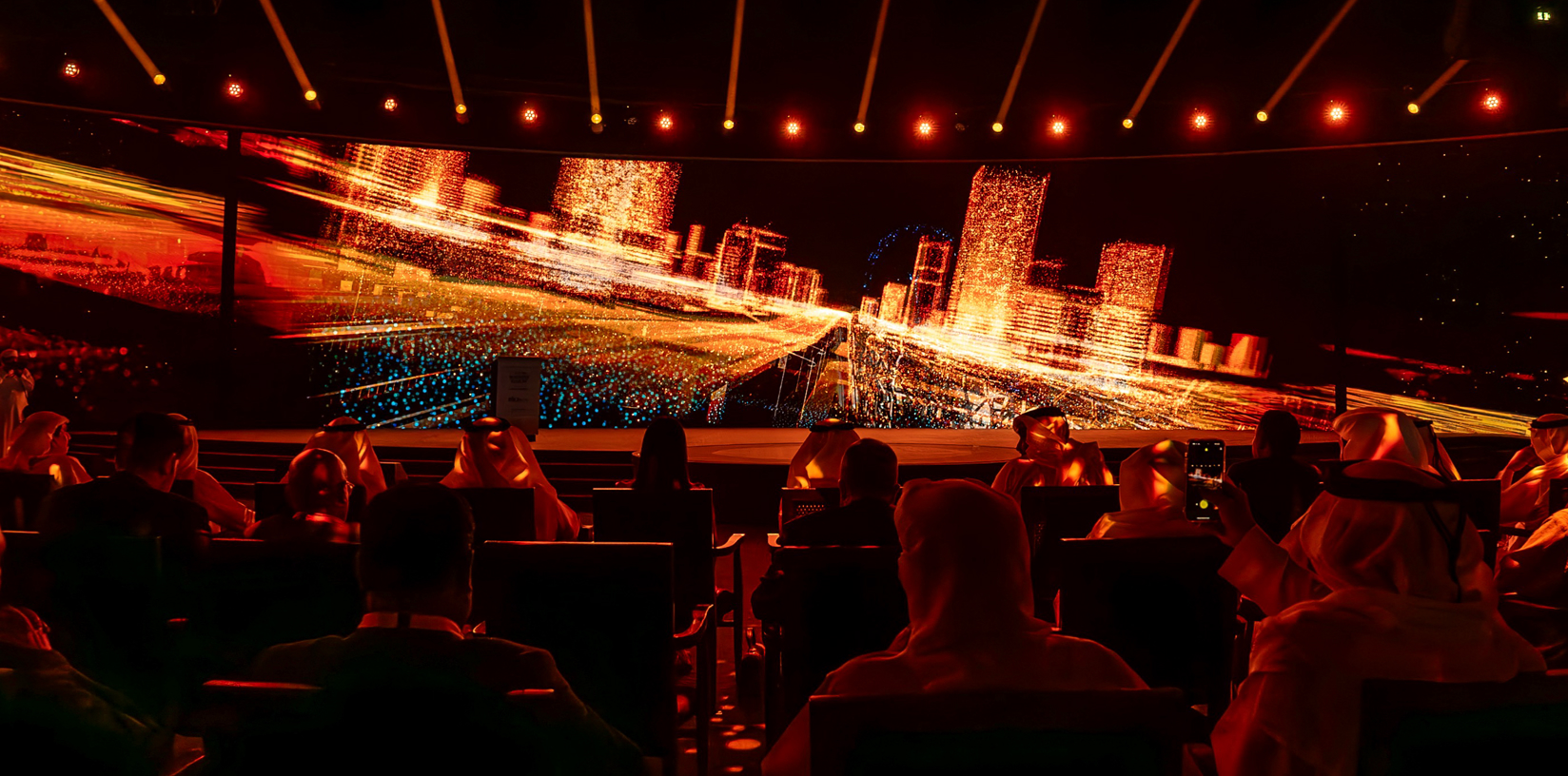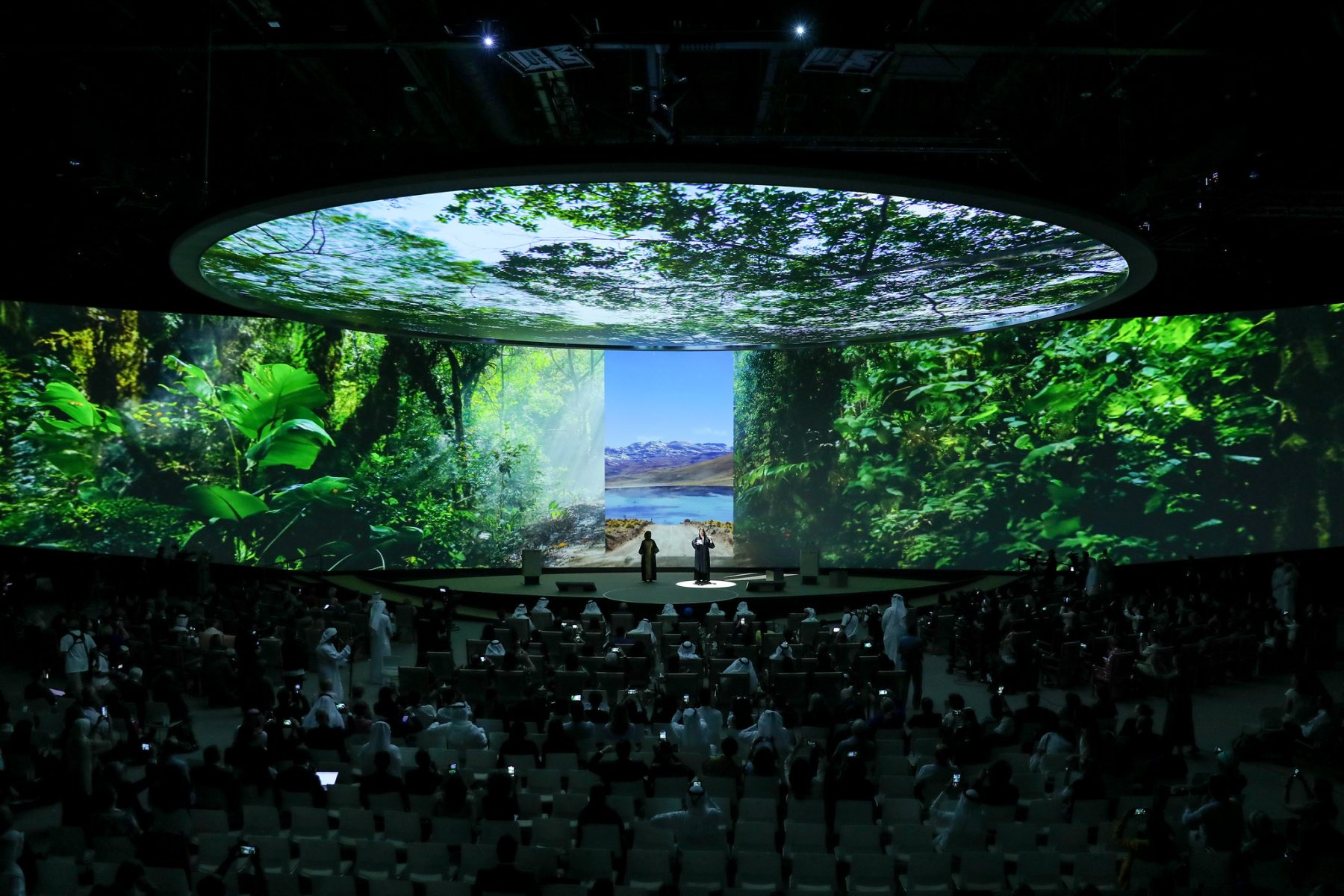European Political Community Summit – Sustainability Initiatives
On the 18th July 2024, the UK hosted the European Political Community Summit at one of its most quintessential historic buildings, Blenheim Palace. The FCDO chose Identity as their delivery partner for this project and Identity selected Worlds Better to support them in leading sustainability within their project delivery team.
We prioritised sustainability, with the aim of achieving ISO 20121 Sustainable Event Management Certification, as well as PAS 2060 Carbon Neutrality.
Identity and Worlds Better collaborated with FCDO to obtain these certifications, by implementing processes, procedures, and collating evidence to support processes. Referencing FCDO’s Sustainability Governing Principles, Identity developed an ambitious sustainability management plan and sustainability objectives keeping measurable initiatives on track and well managed.
Venue
We selected a UNESCO World Heritage Site, Blenheim Palace, as the venue for the European Political Community Meeting. Blenheim Palace set themselves an ambitious goal: achieving net zero carbon emissions by 2027. Beyond that they will use their assets to capture nearly 250,000 tonnes of carbon helping other businesses achieve their goals. The Estate measured its carbon footprint at 32,000 tonnes in 2019, and they have already reduced that by nearly 40% to just over 20,000 tonnes in 2023.
Production
Identity aimed to hire as much as possible and reduce the amount of purchased and bespoke items produced. We brought in hired infrastructure and furniture providing curated spaces for delegates, media, and crew on site. EventCycle received the remaining small number of purchased/bespoke products and materials left over, then donated to local charities and organisations; successfully rehoming good quality carpet, flats, lamps, rugs, tables, and bins.

Catering
We carefully curated menus with sustainability and nutrition in mind for each of our different audiences on site. For staff catering, we implemented ‘meat free Mondays’ to reduce meat consumption, as meat has three times the carbon emissions than vegetarian meals. For delegate and media catering Blenheim palace’s Estate produced much of the food consumed at the event through their regenerative farms and no-dig horticultural enterprises or sourced locally.
Waste
Zero waste to landfill is a key sustainability initiative for FCDO managed events. Implementation of this on site included mandating no single use plastics, encouraging crew and delegates to bring their own reusable water bottles, and all crew catering used compostable single use serve waste.
We introduced a soft plastic recycling programme, encouraging supplier to dispose of soft clear plastics (such as pallet wrap and bubble wrap) in the allocated bins; they then took these off-site and recycled them.
Blenheim Palace is on a path to becoming a net generator of renewable energy by investing on their estate in hydro, solar and biomass. This initiative not only meets the Estate’s energy needs sustainably but also contributes to the broader energy grid. The power for this event is from 100% renewable energy, some of which is generated on the Estate as little as 2km from the Palace.
Food waste
To further minimise waste to landfill and promote circularity, Blenheim Palace processed food preparation waste generated from crew catering using the Palace’s own Ecobot via ‘Tumblebug‘; converting food waste into compost for growing gourmet mushrooms on-site and other fresh produce for the Estate’s catering services. The Ecobot dried, homogenised and sanitised 843kg of food prep waste. This avoided the need to transport waste offsite by lorry and was turned into 200kg of pellets, using Tumblebug’s proprietary process.
Tumblebug will retain these pellets for use as a feedstock in their CHP rotating batch pyrolysis process which is at prototype phase. The technology will deliver biochar, thermal energy, and carbon capture. Stakeholders will use the biochar pellets produced for water treatment, land remediation, horticultural or agricultural use.
Tumblebug are developing an onsite solution for food waste, coffee waste, manure, and green waste management which they plan to roll out to support local authorities, businesses, and farms. Their solution has the ability to reduce emissions at all stages of our food system and improve soil security through production of regenerative growing mediums and fertilisers, as well as generate economic value for all stakeholders.
Positive local impact
To create a positive economic legacy locally to Blenheim Palace, we prioritised local suppliers to stimulate local, national, and regional economic development; setting out to have 75% of the events supply chain be within a 100-mile radius of the Palace.
Overall, the European Political Community Summit at Blenheim Palace on July 18th 2024, set an excellent standard for sustainable event management. Through the collaborative efforts of Identity, Worlds Better, and FCDO, the summit achieved ISO 20121 (and FCDO organisational certification covering future events), and the project is progressing well towards achieving PAS 2060 certification.
By focusing on sustainability across all aspects of event delivery, the summit not only minimised its environmental footprint but also created a lasting positive impact on the local community and set a precedent for future events.
Join us in our commitment to sustainable events. Whether you’re a business looking to reduce the carbon footprint on your next event or reduce food waste, we can work together to achieve your goals. Contact us today…







